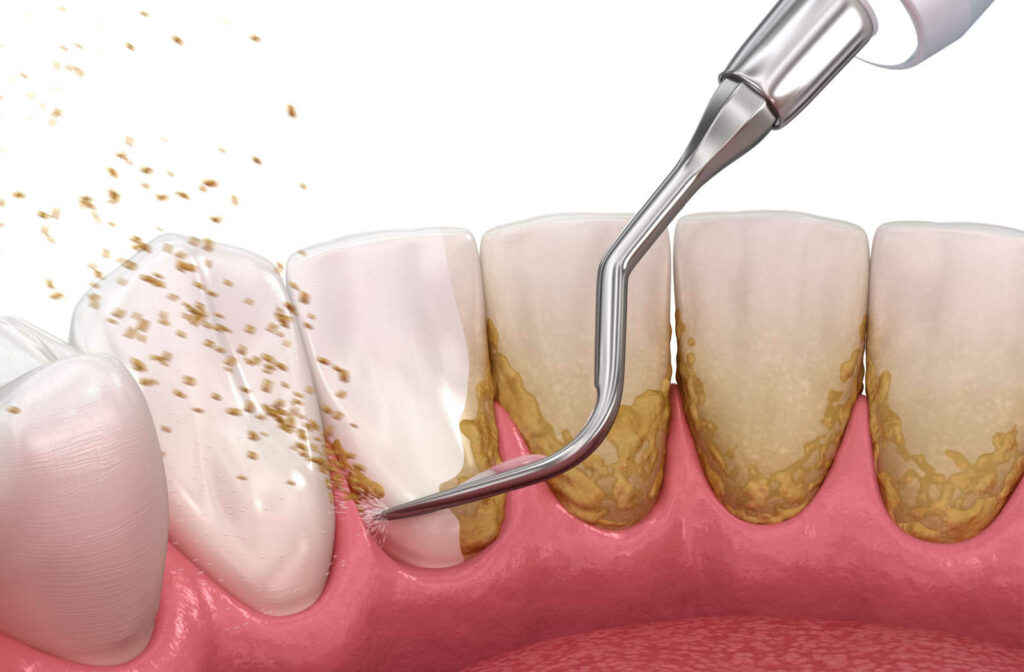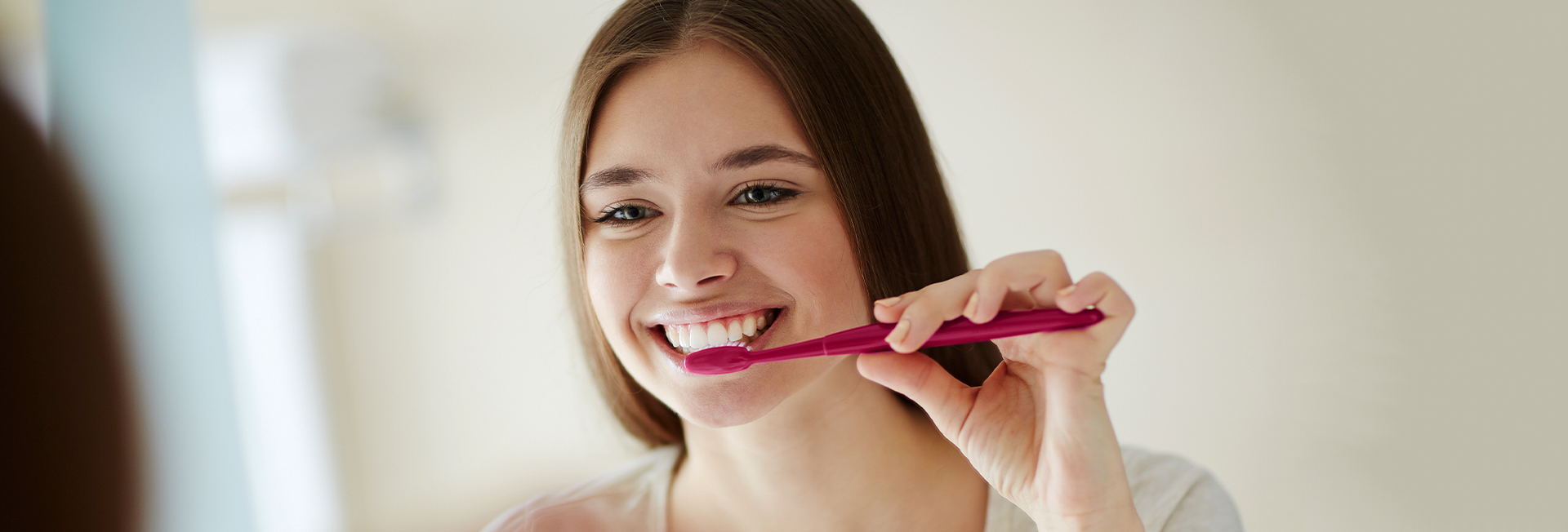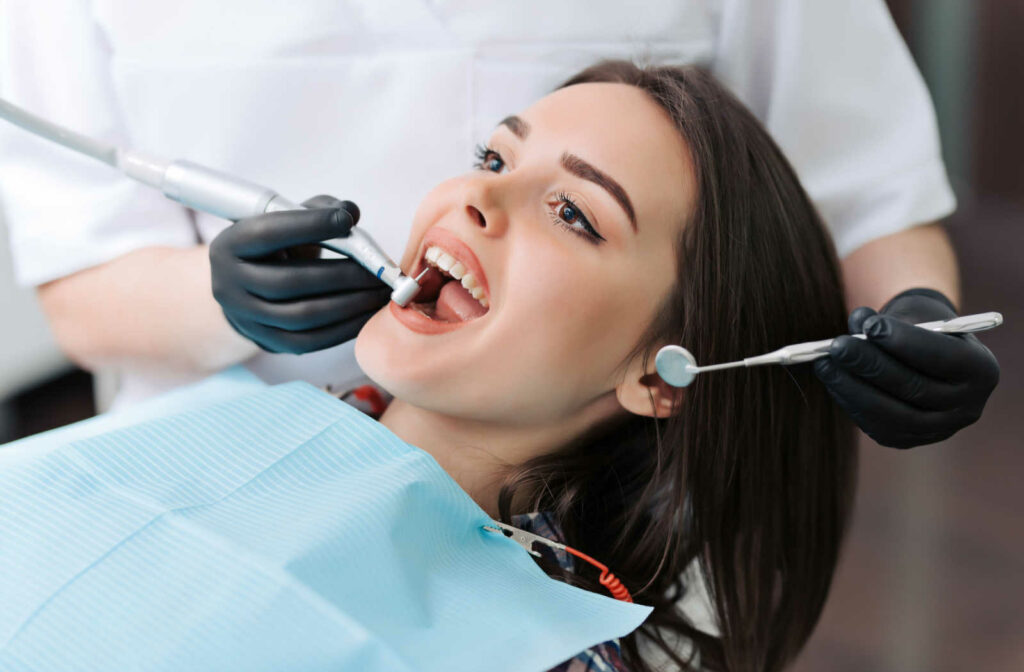Regular dental cleanings and exams are not only essential for maintaining good oral health, but also form a very important part of your overall health.
Bad oral hygiene and deposits in the mouth cause a considerable increase in the harmful bacterial flora in your mouth.Everything you eat/drink is affected by it and therefore affects your overall wellbeing. Even if you brush and floss regularly, you can have hard-to-reach areas in your mouth that may be challenging to clean and these areas harbour clusters of those harmful bacteria.
Regular dental cleanings can help remove bacteria and plaque from those hard-to-reach areas. Regular visits with your dentist can also help detect other oral health changes.
The recommended frequency to get dental cleanings is at least twice a year, or every 6 months, for most people.
Importance of Dental Cleanings
Dental cleaning involves removing plaque, tartar, and stains from teeth.
Plaque is a sticky film that builds up on the tooth’s surface. It contains bacteria, and when it’s not removed with regular brushing, it can attack the teeth and gums and harden to form tartar. The presence of plaque and tartar promotes bad odor, cavities, gum inflammation, bone loss and many more issues related to your oral health.
Dental cleanings help you by:
- Removing plaque and tartar and thereby improving your dental hygiene
- Preventing tooth decay and gingivitis (gum inflammation).
- Supporting treatment for those with periodontitis (inflammation of soft tissue and bone that support the tooth) and preventing recurring inflammation.
How Often Should You Have a Dental Cleaning?
The frequency of dental cleanings can vary depending on your needs and oral health status. Generally, dental cleaning is recommended every 6 months.This allows maintaining good oral hygiene and your dentist to check your teeth and address any concerns.
You may need more frequent cleanings if you’re at a higher risk of gum disease. Risk factors can include:
Speak to your dental professional about your risk of developing gum disease to determine a frequency that best supports your dental and overall health.
What Happens During a Dental Cleaning?
Before a cleaning, your dentist or hygienist will examine your mouth for any signs of gum disease, oral conditions, and other changes to your health. By catching these problems early, you can receive prompt treatment and prevent them from developing into serious conditions.
Common steps during a dental cleaning procedure include:

Cleaning (Scaling)
The cleaning step involves removing tartar and plaque from the surface of your teeth, between your teeth, and along your gum line. Cleaning is done using special tools designed for removing plaque and tartar.
Proper brushing and flossing can stop plaque from hardening into tartar. But once you have tartar, it must be removed with a professional dental cleaning.
Polishing
After removing tartar and stains, the next step is polishing your teeth. A high-powered brush is used to remove any remaining tartar and apply a dental paste to polish and shine your teeth.
Flossing
Your dental hygienist will floss your teeth and identify any trouble spots. Any plaque or toothpaste residue after cleaning gets removed with flossing and rinsing before applying fluoride.
Fluoride Treatment
Applying fluoride is the last step of the cleaning procedure. Your dental hygienist will use a fluoride paste, gel, or varnish on the teeth to prevent cavities. After fluoride application, they may discuss dental hygiene practices and recommend products to keep your teeth healthy.
Preventative Oral Care
Maintaining appointments for regular dental cleaning can reduce your need for restorative dental procedures, but good oral hygiene can extend beyond professional cleanings.
Maintaining oral hygiene is important. There are steps you can take each day to support your own oral health and keep your teeth happy between trips to your dentist’s office.
What should you do during the time between your cleanings? Here are a few recommended oral hygiene practices you can adhere to:
- Brush at least twice daily. Wait at least 20 to 30 minutes after eating to brush your teeth.
- Floss once daily.
- Limit sugary snacks and drinks, including fruit juices.
- Don’t smoke or limit use of any tobacco products.
- Schedule future regular dental exams and cleanings as recommended by your dentist.
Dental Cleaning for Healthy Teeth & Gums
Based on your oral health and risk, getting dental cleanings throughout the year is a proactive and preventative step toward maintaining good oral health and overall health. Remember, consistency is key.
If you haven’t had a cleaning in the past year, schedule an appointment with Sixth Line Family Dental to give your smile the care it deserves.


